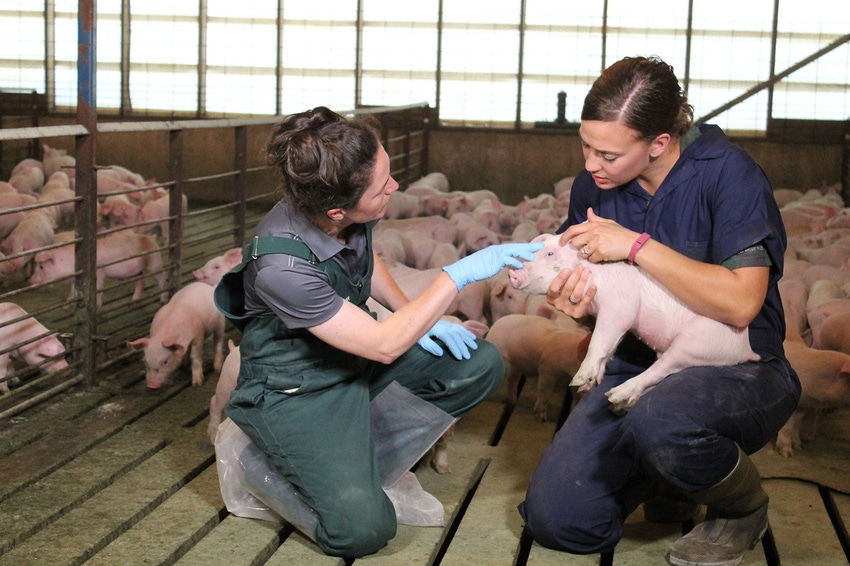First report describing the current status of antimicrobial-resistant bacteria affecting various animal species in the United States.
August 25, 2020

The American Veterinary Medical Association, the leading voice of the veterinary profession, has released Antimicrobial Resistant Pathogens Affecting Animal Health in the United States, the newest addition to the arsenal of interdisciplinary resources dedicated to combating the threat of antimicrobial resistance. It is the first report describing the current status of antimicrobial-resistant bacteria affecting various animal species in the United States.
Antimicrobial resistance – when antimicrobial drugs, including antibiotics, antivirals and others, are no longer effective at treating the bacteria, viruses and other microorganisms that they were developed for – presents a growing challenge for veterinarians and is a global One Health issue. One Health is an approach that recognizes the health of animals, people and the environment is closely connected. Slowing and limiting the emergence and spread of antimicrobial resistance requires widespread engagement from across the One Health spectrum, especially among leaders in veterinary medicine, animal owners and public health.
"Veterinarians are at the forefront of fighting antimicrobial resistance in animals and have a critical role to play in the overall health of animals, humans and the environment," says Douglas Kratt, AVMA president. "The AVMA is committed to the judicious therapeutic use of antimicrobials and promoting antimicrobial stewardship in veterinary practices. This report is a snapshot of the current landscape and we will continue to monitor for trends in antimicrobial resistance to ensure that veterinarians have the tools they need to make the best stewardship decisions for their patients."
The report was developed over the last year and a half by the AVMA Committee on Antimicrobials with the assistance of many species experts as volunteers – a group of nearly 50 microbiologists, epidemiologists and species experts. It examines bacteria of concern and describes actions that veterinarians and their teams, producers, breeders and animal owners, can take to slow and limit the emergence and spread of antimicrobial resistance.
The report includes easy-to-review summaries of antimicrobial resistant bacteria affecting dogs and cats, horses, cattle, swine, sheep and goats, chickens and turkeys, and fish and shrimp. The report also includes resistance profiles for each of the bacteria identified in the report.
"This report is a practical reference guide for veterinarians to use when making therapeutic decisions for their patients," says Paul Plummer, one of the lead authors of the report. "We hope that the expertise of the technical committees that were consulted in the creation of this report helps bring greater understanding of current status of antimicrobial resistant bacteria in animals and helps practitioners make more appropriate treatment decisions."
"On behalf of the AVMA, I express our sincere thanks to all of the subject-matter experts who contributed to this vital report," Kratt says.
Source: American Veterinary Medical Association, which is solely responsible for the information provided, and wholly owns the information. Informa Business Media and all its subsidiaries are not responsible for any of the content contained in this information asset.
You May Also Like



